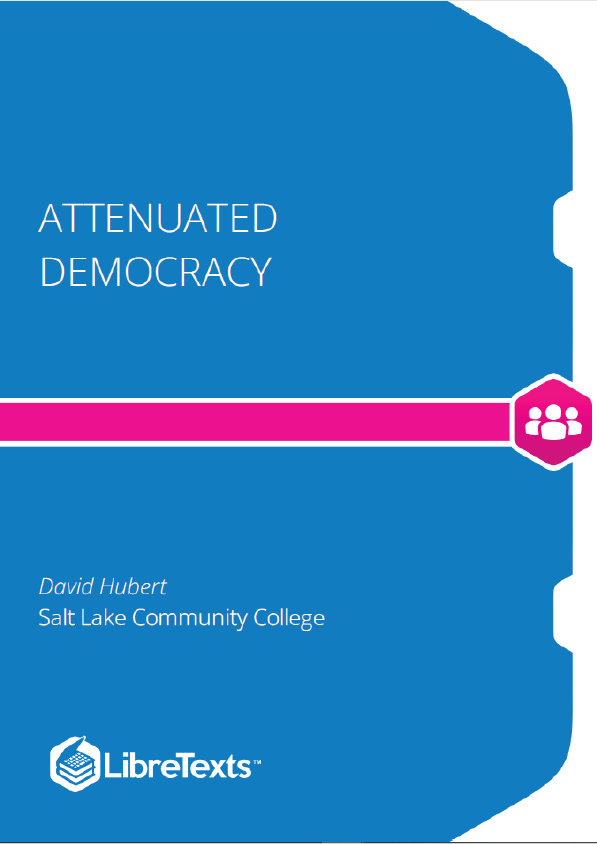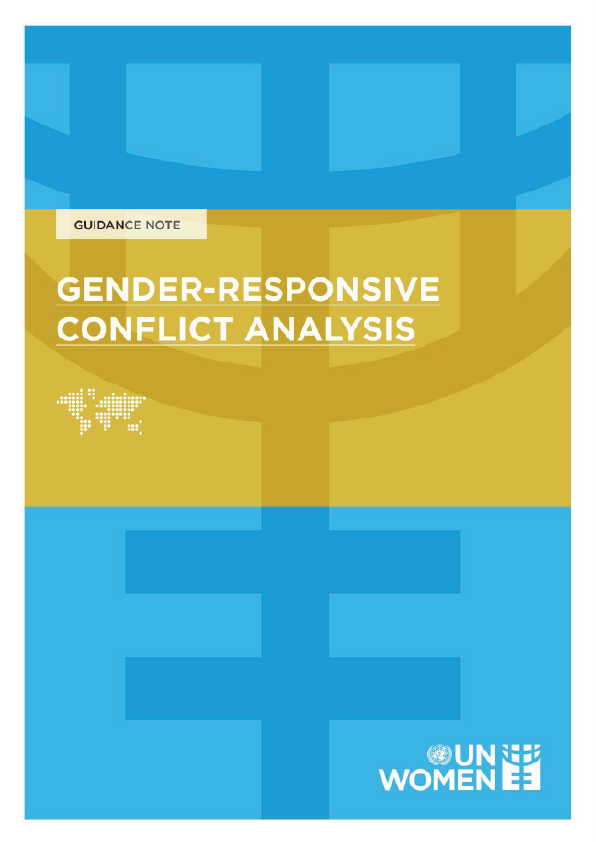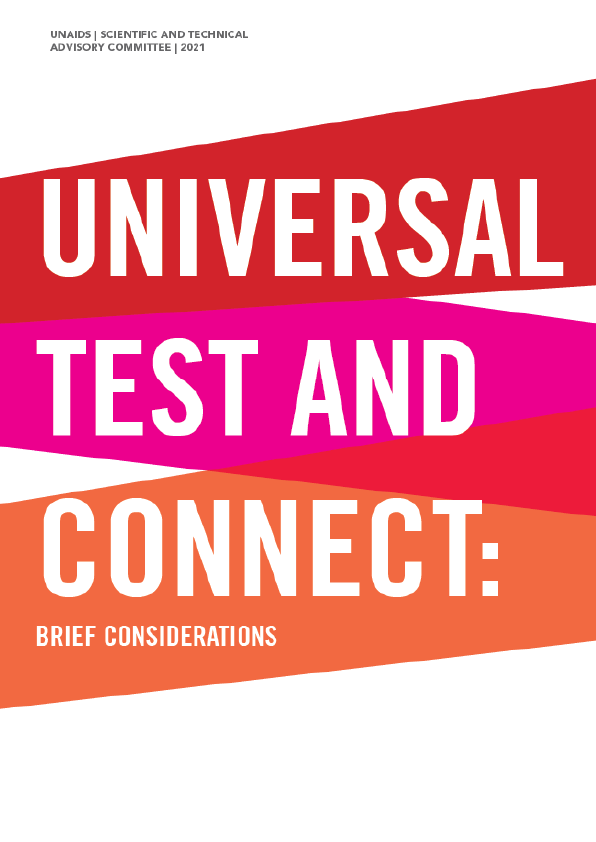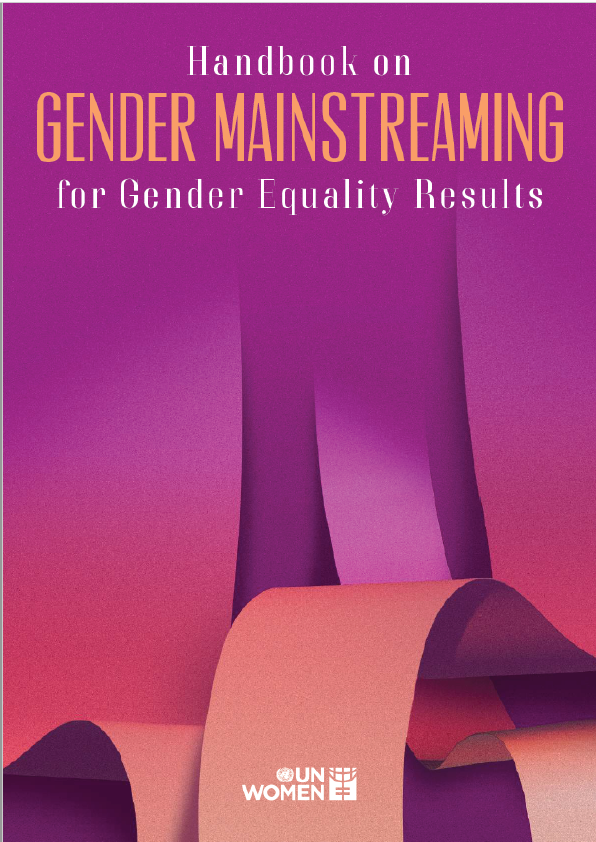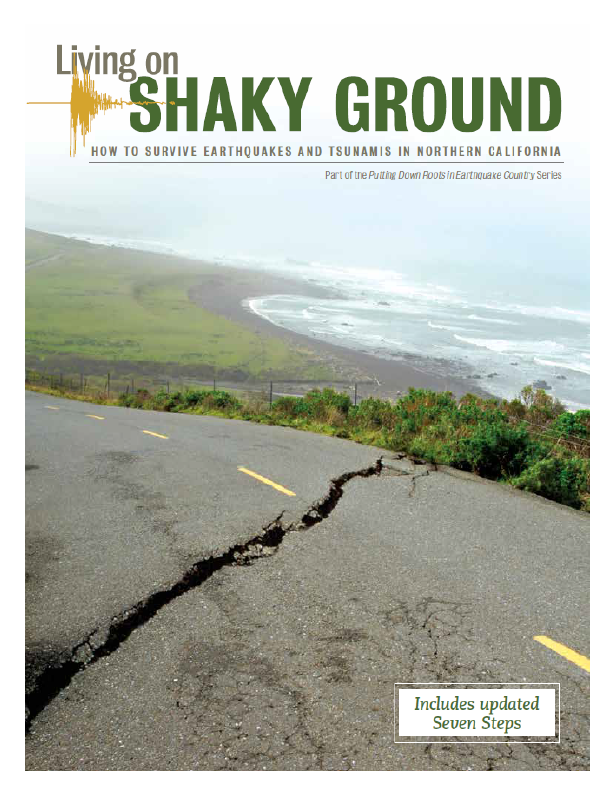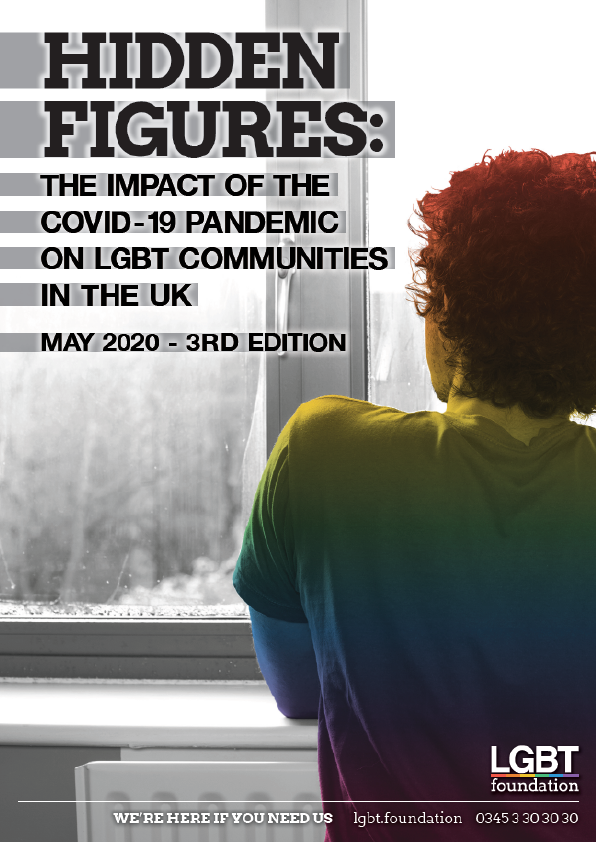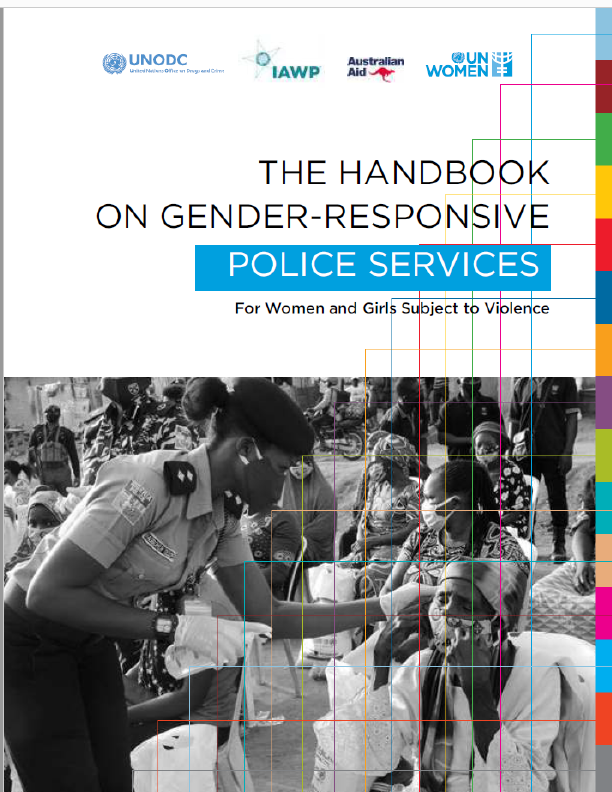Attenuated Democracy is an engaging and relevant textbook for introductory U.S. government courses. From the opening letter to students through to the end, Attenuated Democracy has a clear narrative that helps students understand who has power in the American political system, why they have power, and what ordinary Americans can do to better balance the system—all while conveying the important concepts and ideas that any survey of U.S. government is expected to cover. Student feedback about Attenuated Democracy has been strongly positive. As one student put it, the text’s “straightforwardness in admitting its own ideological commitments and perspective, as well as the consistent effort at accessibility and real-world relevance, were very refreshing. I rather like the way the text is formatted, with short, focused chapters and a list of references available for students who want to dig deeper into a particular topic.”
The Definition of Politics
Political scientists study politics in its many forms. One of my professors told me that politics is everywhere except for heaven and hell and other perfect dictatorships. That may be true. If it is, it requires political scientists to cover considerable ground. However, they tend not to concern themselves with things like office politics, family politics, or student-government politics. Generally speaking, political scientists are interested in political matters of consequence at the city, state, national, or international level.
Political scientist Harold D. Lasswell came up with a concise definition of politics that we can use as a starting point for this course. He said that politics can be defined as “who gets what, when, and how.” (2)
Who in this definition can refer to any member of a polity—a political organization that includes actors such as individuals, groups, corporations, unions, and politicians.
What in the definition might refer to government programs, societal resources, access to rights and privileges, or something as banal as tax breaks.
When in the definition refers to timing. Let’s not forget that often the timing of a thing can be as important as the thing itself. Quoting a distinguished jurist, Martin Luther King, Jr. wrote in his Letter from Birmingham Jail in 1963, “Justice too long delayed is justice denied.”
How is very important. Political scientists are keenly interested in the processes through which someone gets something in a polity, whether it be democratic or undemocratic, open or closed, fair or unfair; or which institutional arrangements are involved, such as constitutions, regulations, and laws; or which practices are employed, such as voting, lobbying, demonstrating, and decision making.
Lasswell’s definition is a good starting point, but we want to be a bit clearer about the definition of politics that underlies the content in this text. The word we haven’t yet accentuated in Lasswell’s simple definition is gets, and yet this is an important word because it implies that someone has to make a choice among competing interests, that resources or benefits have to be allocated, and that the object of politics is limited in some way. After all, if the pie were larger than our combined appetites, we wouldn’t have to struggle over who gets a piece.
Try this definition of politics on for size: Politics is the authoritative and legitimate struggle for limited resources or precious rights and privileges within the context of government, the economy, and society.
